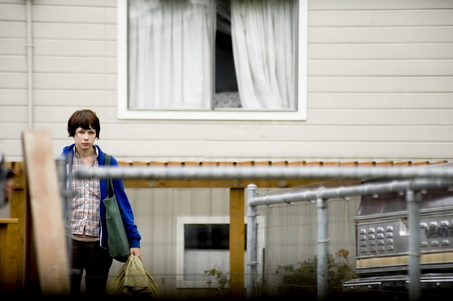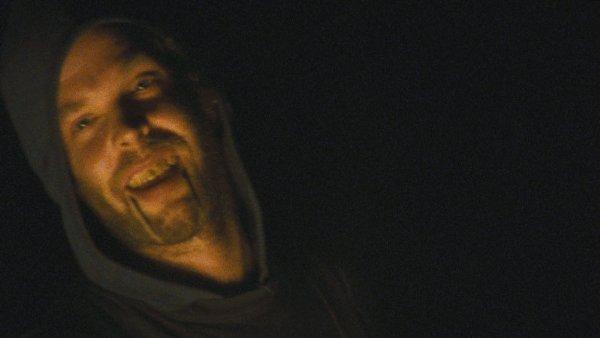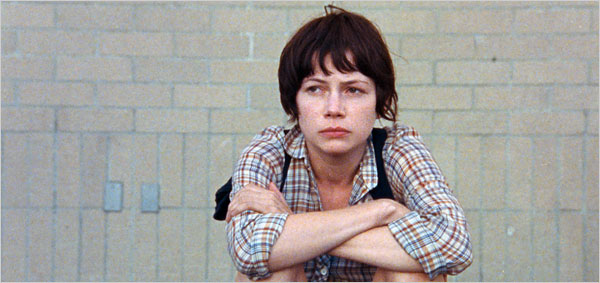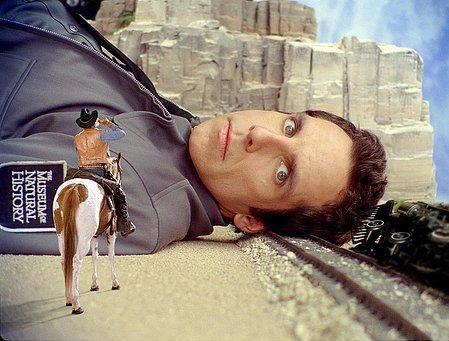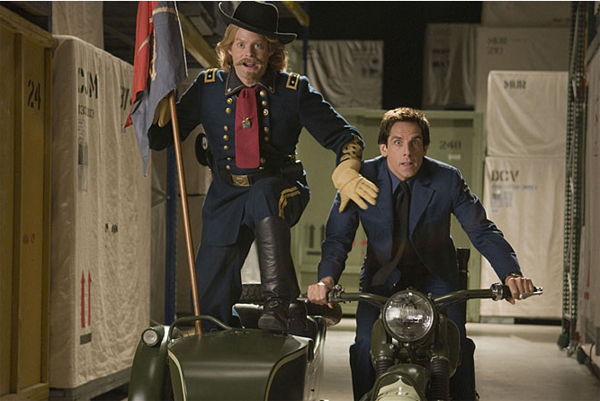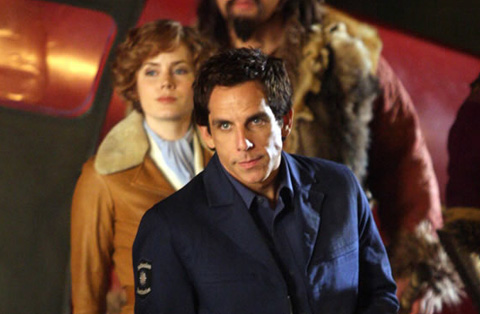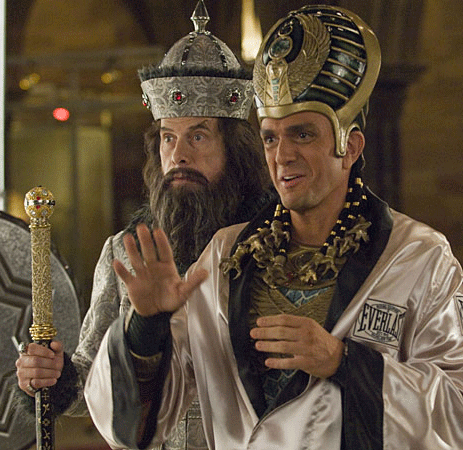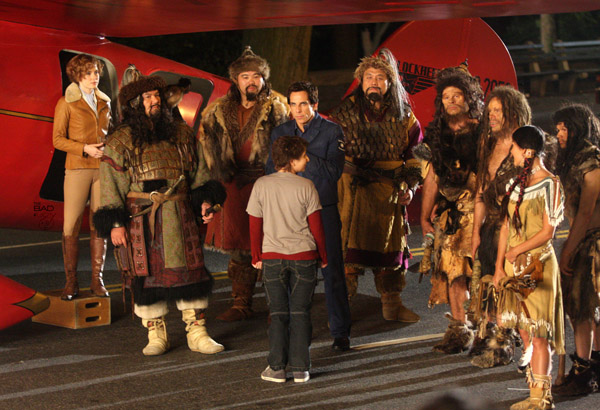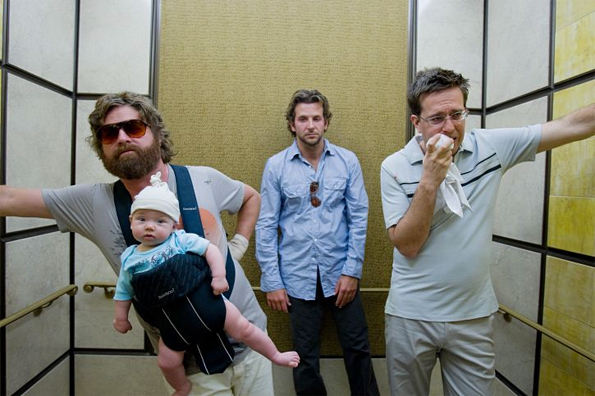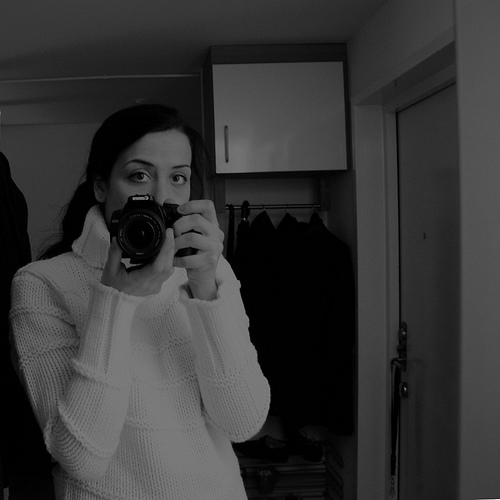 FILM
FILM In Which We Give You A Little Personal Information
 Thursday, June 4, 2009 at 5:41PM
Thursday, June 4, 2009 at 5:41PM 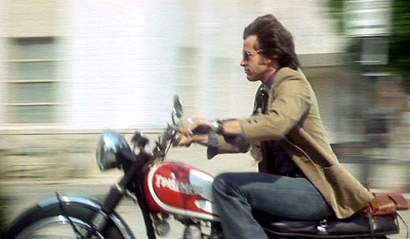
Everything Is Less Than Zero
by MOLLY LAMBERT
A little background, and some personal information (there's always personal information, you should know this by now). I went to private school in Los Angeles. I did not go to the same private school as Bret Easton Ellis, but a couple of my friends did and so did Rashida Jones.

Less Than Zero is one of those rare instances where the movie surpasses the book, in that it is CAST PERFECTLY. Robert Downey Jr. plays the same character (himself) in every movie. It's what makes him such a great movie star. He makes the character of Julian three-dimensional, which he isn't in the book. In the book he's more of an offscreen presence, a cipher, the Tino of the piece.
Downey plays him as himself, and thus somehow makes a junkie rentboy lovable. You actually care that the other two dull protagonists (Clay and Blair) are trying to rescue him because he's Robert Downey Jr. and we already know how the next decade of this brilliant young actor's life is going to turn out (not so good).

There's no sexual tension whatsoever between the leads. Jami Gertz plays Blair like a less butch Demi Moore. Andrew McCarthy plays Clay exactly as he's written; a closeted gay. All the sexual menergy is between Clay, Julian, and Rip.
Clay is still two-dimensional, which is why Andrew McCarthy is perfectly cast. He's a two-dimensional actor, cute and empty. But he's neither as cute nor as empty as James Spader, King of Pervs, who plays Rip the coke dealer.

Is there any movie in which James Spader doesn't play a glassy-eyed lech? Oh, right, Stargate. The movie I found him most attractive in, and that had to do more with my love for Egyptology and guys that resemble Encyclopedia Brown.
I can't believe he won the Emmy for Boston Legal. He fucking BEAT GANDOLFINI WTFFF. Was he the one who said "I don't know who votes for these things" because that was sort of charming. Boston Legal, jesus christ. Considering that show is even still on the air, I think it should get a new title:

I guess I disliked Less Than Zero because it wasn't at all representative of my experience as a teenager in Los Angeles. I read Less Than Zero and Play It As It Lays and The Day Of The Locust and they're all fine, but I didn't relate personally. None of them pinged with me the way good literature should.
They're all about ennui, which is hard to write about anyway. My experience in the suburbs of L.A. was more like American Graffiti or Dazed and Confused than Thirteen. You can feel displaced anywhere. People still confuse Hollywood with Los Angeles and Los Angeles with Disneyland.

My Top Twenty L.A. Movies

1. Shampoo

2. The Long Goodbye

3. Clueless

4. Chinatown

5. Boogie Nights

6. Who Framed Roger Rabbit?

7. The Big Lebowski

8. Valley Girl

9. Pulp Fiction

10. Friday

11. Singin' In The Rain

12. Double Indemnity

13. Ed Wood

14. Sunset Boulevard

15. Barton Fink

16. Repo Man

17. Menace II Society

18. The Player

19. L.A. Confidential

20. Slums Of Beverly Hills

"Well, what I really want is to suck his cock."
The problem with movies like Less Than Zero that glamorize drug use and promiscuous sex is that nobody likes the third act of those movies, the redemption act. It's always all about the first two, the escalation and the spiraling out of control.
The only movie with this arc (the "Behind The Music" arc) and a great third act is Boogie Nights and that movie defies most classifications. Alex thought it was weird that P.T.A. wanted to make a movie about oil from an Upton Sinclair book but duh it's brilliant. Los Angeles was an oil town and it's a trope of historical Westerns, like the Gold Rush. I could certainly stand to see more Gold Rush movies.

The glamorous, the flossayyy flossayyy
And back to Less Than Zero: I know they mutilated the book and it's much more gray about it blah blah blah but guess what, jaded is a terrible cinematic emotion. French New Wave to the contrary, blasé is generally boring and doesn't read. It's indemonstrable and therefore can be acted well by people like Ryan Phillipe.
I'm just unbelievably sick of decadent super-rich people. In fiction, in film, in life, anywhere they exist. I am tired of their monopoly on culture and life. I'd rather read, hear, and see art about anything else. Except for like, boring married people having unfulfilling sex and intimacy issues.

Molly Lambert is the managing editor of This Recording. She tumbls here.

"I've Got Your Number (live)" - Passion Pit (mp3)
"Sleepyhead (live)" - Passion Pit (mp3)
"Live To Tell The Tale (live)" - Passion Pit (mp3)

 california,
california,  los angeles,
los angeles,  molly lambert
molly lambert 





























